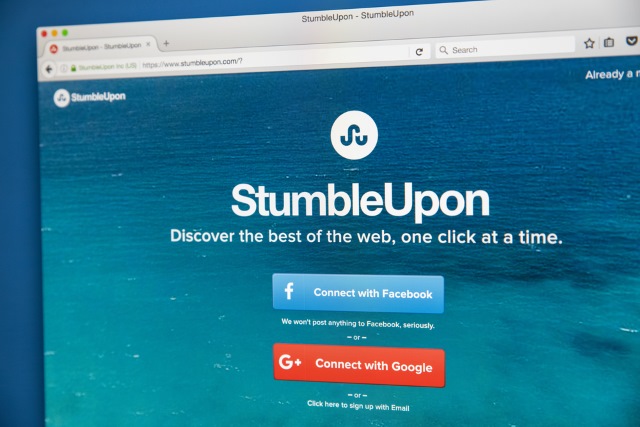
StumbleUpon is closing down -- users can migrate to Mix.com
After 16 years, StumbleUpon is closing down. One of the first high-profile services that gave people a way to discover new websites and online content, it was enjoyed by over 40 million users.
The closure came out of the blue, and was announced by co-founder Garrett Camp in a blog post. He suggests that users might like to migrate to another one of his creations, Mix.com, and says that switching to the newer service has been made "as smooth as possible".

Judge: President Trump blocking people on Twitter is unconstitutional
Donald Trump's use of Twitter has long been controversial, and he has developed something of a penchant for blocking people who dare to question or criticize him. Earlier this year a judge suggested that he should make use of the mute option instead of blocking Twitter users, and now another judge has ruled that blocking critics is unconstitutional.
Judge Naomi Buchwald said that Trump's use of the block feature is a violation of people's right to free speech under the First Amendment of the US Constitution. The Department of Justice has indicated that it disagrees and is considering what to do next.
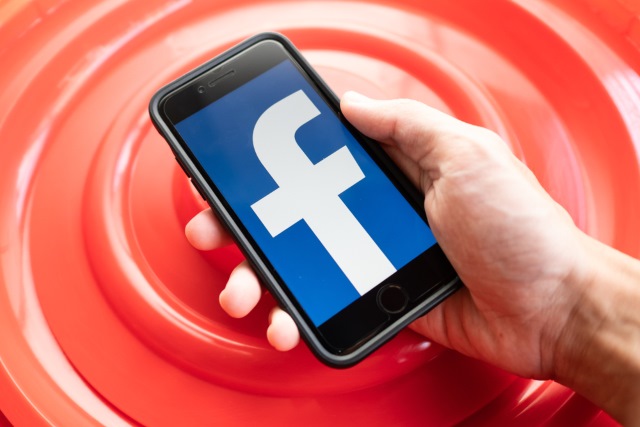
Facebook asks British users to submit their nudes as protection against revenge porn
Following on from a trial in Australia, Facebook is rolling out anti-revenge porn measures to the UK. In order that it can protect British users from failing victim to revenge porn, the social network is asking them to send in naked photos of themselves.
The basic premise of the idea is: send us nudes, and we'll stop others from seeing them.
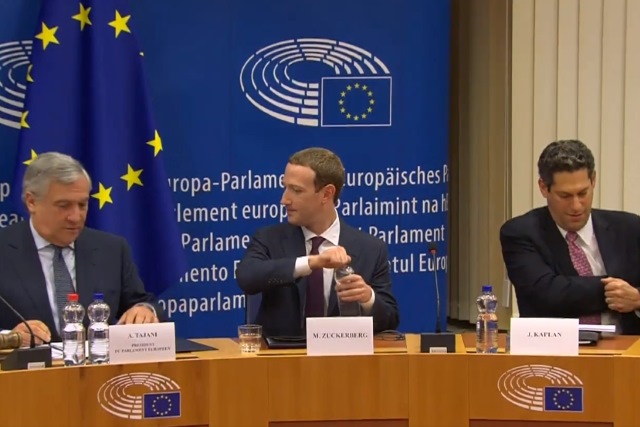
Zuckerberg's appearance in front of the EU was an utter joke
Yesterday, Facebook CEO Mark Zuckerberg appeared in front of members of the European Parliament to answer questions and to address concerns that the EU has about the social network in general, and its use of private data in particular -- thanks largely to the Cambridge Analytica data scandal.
At least that was the idea. What actually happened was nothing short of a farce, with Zuckerberg smugly sitting back and choosing which questions to answer, neatly avoiding any he was uncomfortable with. It was little more than a PR-cum-damage-limitation exercise for the Facebook founder... and it didn't really go very well.

Watch Mark Zuckerberg's testimony to the EU in a livestream
Having previously refused to answer questions in the UK, last week Mark Zuckerberg agreed to appear in front of the EU parliament to speak about Facebook's use of data.
The Facebook chief is due to appear in front of MEPs tomorrow, Tuesday, and European Parliament President Antonio Tajani has announced that the appearance will be livestreamed. So, if you fancy tuning in to see what Zuckerberg has to say and how he is able to "clarify issues related to the use of personal data", you will be able to do just that.

Mark Zuckerberg agrees to appear in front of EU parliament to answer questions about Facebook's use of data
After refusing to answer questions in the UK, Mark Zuckerberg has agreed to face questions in front of the EU Parliament. The grilling comes in the wake of the Cambridge Analytica privacy scandal.
The Facebook CEO could answer questions about the social network's use of data very soon, with the president of the European Parliament, Antonio Tajani, saying that "hopefully" it could happen next week.

Twitter tweaks algorithms to give trolls less prominence
Twitter's troll problem has not improved, despite various measures taken by the company. The latest attempt to get things under control finds Twitter changing its algorithms to take into account "behavioral signals" and help bury content from trolls.
The algorithm tweaks do not mean that tweets will be deleted, but those that are found to "distort and detract from the public conversation" will be pushed further down conversations and search results to reduce their visibility.

Facebook launches Youth Portal to tell teenagers how it uses their data
Facebook has launched a new Youth Portal with the aim of educating its teenage users about using the social network safely.
The portal also reveals to teens how Facebook uses their data, and is packed with tips about using the service and translates the site's Data Policy into a more understandable form.
Facebook copies Snapchat's Bitmoji and creates personal, customizable Avatars
Never afraid to steal an idea or two from its competitors, Facebook is at it once again, this time "borrowing" Bitmoji from Snapchat. The yet-to-be-released feature is called Facebook Avatars and it will let users create personalized cartoon images of themselves to use as stickers or emoji.
The Avatars feature has not even been announced by Facebook yet, but references to it were found hidden deep in the code of the social network's Android app. The company has, however, confirmed that the feature is in development.
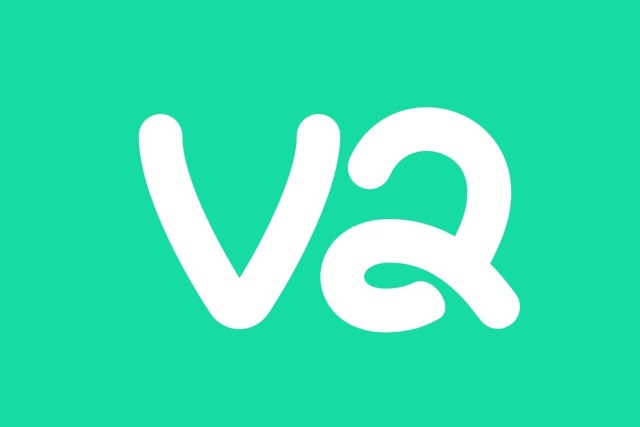
Vine successor V2 is postponed for an 'indefinite amount of time'
It is now over a year since Vine closed down, and fans have been holding out for a follow-up to the video service. Co-founder Dom Hofmann previously said that work was underway on a successor called V2, but this has now been put on hold.
Blaming "financial and legal hurdles", Hoffmann now says that the project has been postponed "for an indefinite amount of time". He says that he had hoped to bring V2 to life as a personal project, but the realization that more money will be needed means that investors need to be brought onboard.

Twitter warns all users to change passwords after 'bug' left credentials stored in plaintext
Twitter has issued a warning to its 330 million users, urging them to change their passwords. The security announcement comes after the company discovered a bug that left passwords stored in unencrypted form in internal logs.
While Twitter says that the bug has been fixed and that the plaintext logs have been deleted, it is encouraging the password change out of "an abundance of caution".
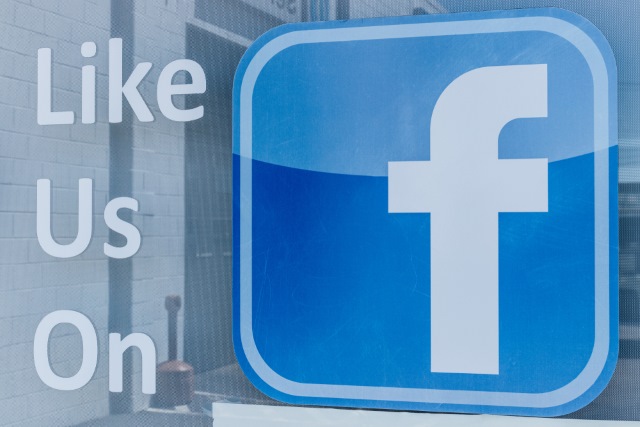
Facebook's new Clear History privacy tool will let you stop third-party tracking and delete collected info
At its F8 conference today, Facebook revealed details of an upcoming tool it is working on --- Clear History. The tool will let Facebook users not only see which sites and apps gather information about usage, but also let users delete this information.
The privacy-centric tool comes as the social network slowly comes to the realization "that people want more information about how Facebook works and the controls they have over their information". The ability to delete browsing histories from Facebook appears to be a direct response to the Cambridge Analytica scandal in which private data was shared without consent.
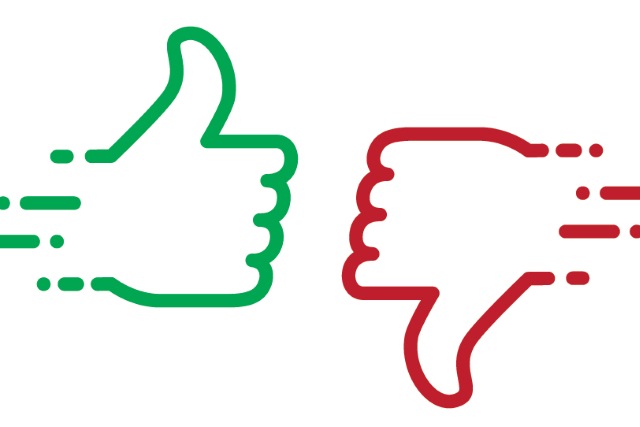
There's still no 'dislike' option, but Facebook is testing upvote and downvote buttons with many users
The Like button is synonymous with Facebook, and ever since its inception people have been clamoring for its nemesis to be added to the site. The arrival of 'reactions' two years ago pleased some people, as it gave them the opportunity to express a negative response to something -- but there was still no Dislike button.
The social network is currently testing a feature which is a step closer to the option people have been asking for for so long. Currently being trialed is a comment voting system that lets users upvote or downvote comments left by others.

North Korean leaders abandon western social media
Chances are you're not currently friends with Kim Jong Un on Facebook. And it's not likely to happen any time soon according to researchers at Recorded Future who have been looking at the internet usage patterns of North Korea's leaders.
In July last year they found that the country's ruling elite were plugged into contemporary internet society, were technologically savvy, and had patterns of internet use that were very similar to users in the West.

WhatsApp raises minimum user age to 16 in Europe and announces data download tool
With new privacy laws due to roll out around Europe next month, WhatsApp has increase its minimum age from 13 to 16.
The Facebook-owned messaging tool has made the change in order to comply with GDPR (General Data Protection Regulation) which comes into force on May 25. To continue to use WhatsApp, users must now confirm that they are at least 16 years old and agree to the privacy policy and terms of services of the newly-created WhatsApp Ireland Limited.
